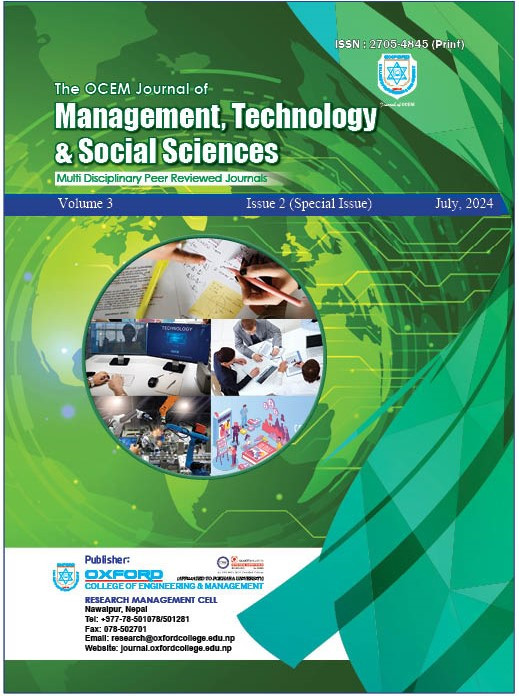
Information and Communication Technologies (ICTs) in Farming and Its Determinants: A Reference of Dhankuta, Nepal
Traditional extension fails to fulfill the various demands of rural farmers, who are often cut off from mainstream information sources. This highlights the importance of information and communication technologies (ICTs) in linking smallholder farmers to larger agricultural information systems. A survey study was conducted in Dhankuta, Eastern Nepal, with the aim of assessing the usage of ICTs and its determinants in farming. A total of 224 households were randomly selected, and descriptive and inferential statistics were used for analysis. The findings revealed a significant reliance on traditional ICTs such as mobile phones, radios, and televisions, with adoption rates ranging from 79% to 90.18%. However, newer technology, such as internet services and smartphone apps, had lower adoption, indicating a slow integration into farming methods. Market and weather information were highlighted as the key reasons for the use of ICTs in farming. A logistic regression analysis identified major factors in the use of ICTs in farming. Younger household heads were more likely to adopt ICTs, indicating a generational split in technology acceptability. Male household heads were more likely to use ICTs than females. Borrowing loans for farming has emerged as a significant facilitator of ICT adoption. Interestingly, a decrease in ICT usage was associated with higher academic status, underscoring the necessity for focused efforts to bridge this disparity. Overall, the study implies the role of ICTs in improving agricultural productivity and livelihoods in Nepal. By removing access barriers and fostering digital literacy, policymakers and stakeholders can use ICTs to empower farmers, improve information distribution, and promote sustainable agriculture.
